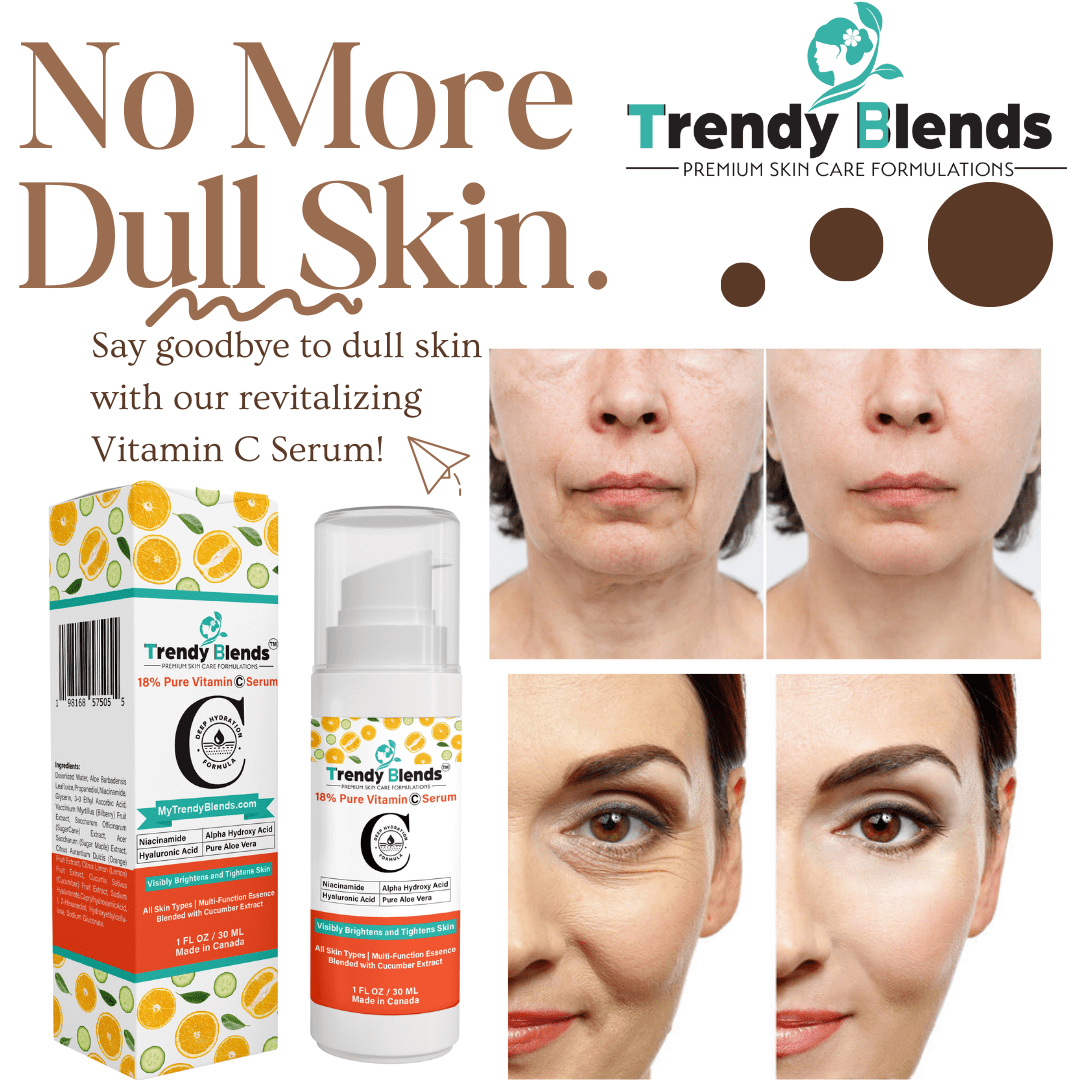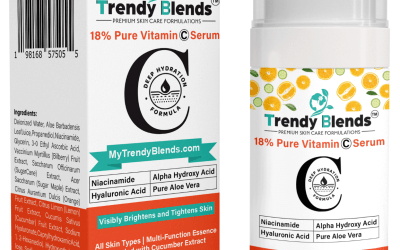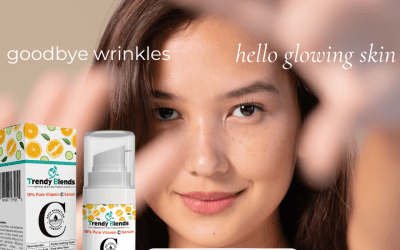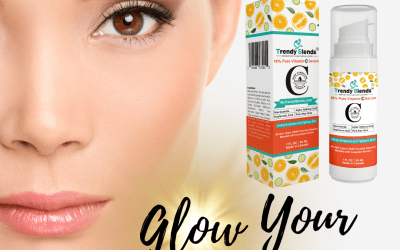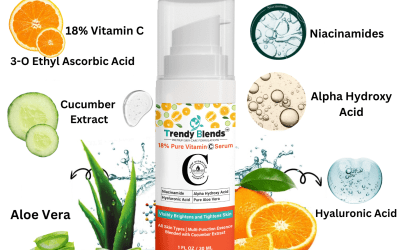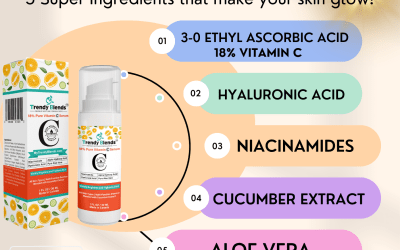WHAT HAPPENS AS MY SKIN GETS OLDER?
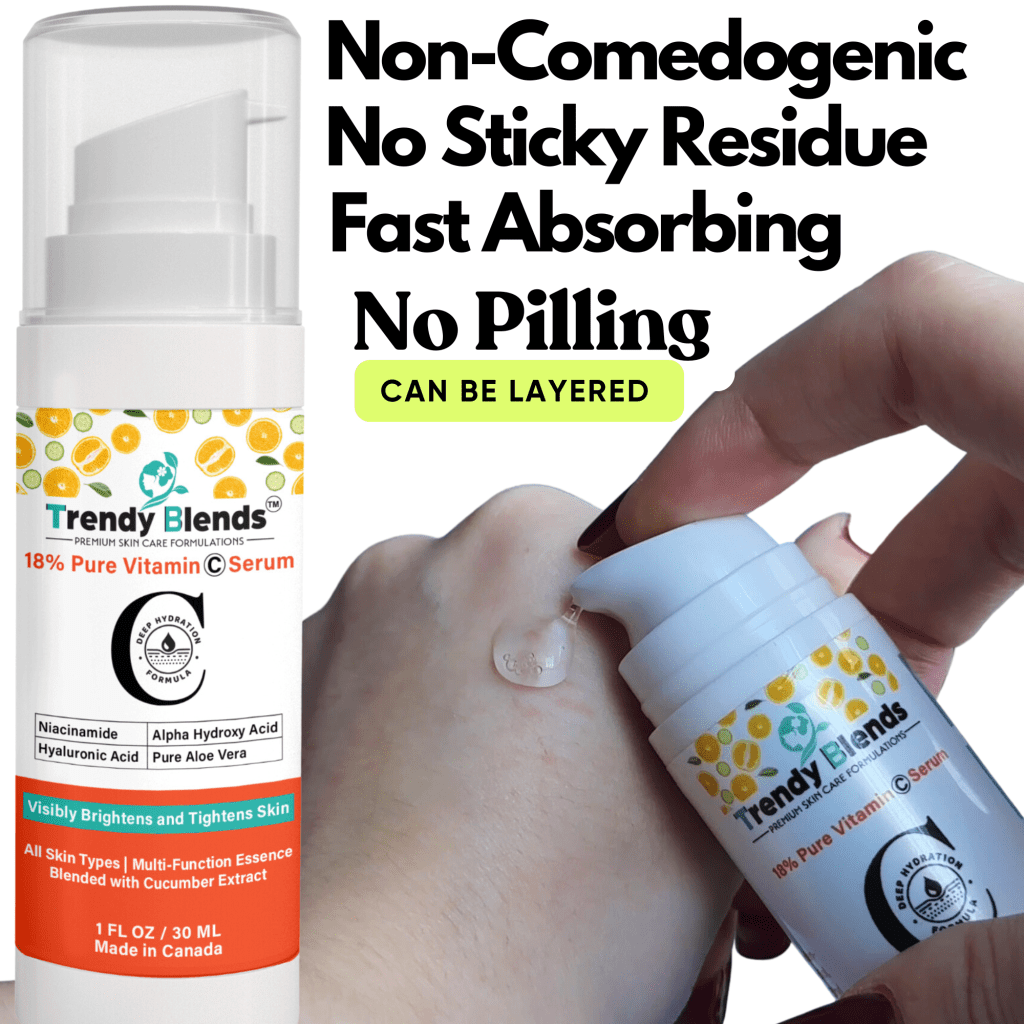
What Happens as My Skin Gets Older?
Aging is an inevitable process that affects everyone, and one of the most visible indicators of aging is the skin. As time passes, the skin undergoes various transformations, many of which can lead to concerns about appearance and skin health. This article provides a comprehensive understanding of how skin changes with age, what factors contribute to these changes, and how products like Premium Vitamin C Serum can help maintain youthful skin.
Understanding Skin Aging
As skin ages, it experiences several changes, typically categorized into intrinsic (natural aging processes) and extrinsic (environmental influences).
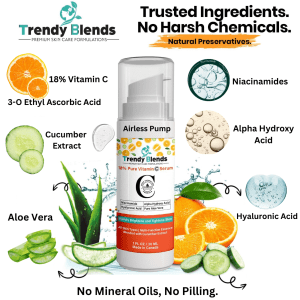 Intrinsic Aging
Intrinsic Aging
Intrinsic aging primarily arises from genetic factors and the natural biological clock. It usually manifests in the following ways:
- Decreased Collagen Production: The skin loses collagen, resulting in reduced elasticity and firmness.
- Thin Skin: The epidermis becomes thinner, leading to a more delicate appearance.
- Reduced Oil Production: Lower oil production can lead to dryness and a lack of radiance.
- Slowed Cell Turnover: The rate at which skin cells regenerate slows, resulting in a dull complexion.
Extrinsic Aging
Extrinsic aging is influenced by lifestyle choices and environmental factors, including:
- UV Exposure: Prolonged sun exposure can lead to sun spots, hyperpigmentation, and wrinkles.
- Pollution: Environmental toxins can accelerate the aging process and diminish skin health.
- Smoking: Cigarette smoke contains harmful chemicals that can break down collagen and elastin.
- Diet and Hydration: Poor nutrition and dehydration can lead to a loss of vitality and elasticity in the skin.
Table: Key Changes in Aging Skin
| Feature | Intrinsic Aging | Extrinsic Aging |
|---|---|---|
| Collagen Production | Decreases gradually | Accelerated breakdown due to UV & smoke |
| Skin Thickness | Yellowing and thinning | Damaged, leathery appearance |
| Moisture Levels | Decreased oil production | Increased dryness from environmental factors |
| Pigmentation | Age spots | Sun spots, freckles, uneven tone |
| Cell Turnover | Slows down | Slowed recovery from external damage |
The Role of Premium Vitamin C Serum
Among various skin care products, Premium Vitamin C Serum stands out as an effective option in combating the signs of aging. Vitamin C is renowned for its antioxidant properties, which help protect the skin from damage caused by free radicals and environmental stressors. Incorporating this potent serum into a daily skincare routine can yield numerous benefits:
- Brightening the Complexion: Vitamin C works to diminish dark spots and discoloration, leading to a more even skin tone.
- Boosting Collagen Production: The serum stimulates collagen synthesis, which helps improve skin elasticity and firmness.
- Reducing Fine Lines and Wrinkles: Regular use can minimize the appearance of fine lines and wrinkles over time.
- Providing Hydration: Many vitamin C serums come with added hydrating ingredients that can help maintain moisture levels in the skin.
How to Use Premium Vitamin C Serum
For maximum effectiveness, the following steps can be incorporated into the daily skincare routine:
- Cleanse: Start with a gentle cleanser to remove dirt and impurities.
- Tone: Use a toner to balance the skin’s pH levels.
- Apply Serum: Use a few drops of Premium Vitamin C Serum and gently massage it into the face and neck.
- Moisturize: Seal in the goodness with a good moisturizer to lock in hydration.
- Sunscreen: Always apply sunscreen in the daytime to protect against UV damage.
Quote:
“The greatest wealth is health.” – Virgil
By investing in healthy skin care practices, individuals can enhance their overall well-being and appearance as they age.
FAQs About Aging Skin and Vitamin C Serum
1. At what age should I start using Vitamin C serum?
It is beneficial to start using Vitamin C serum in your mid to late 20s as a preventive measure against aging and skin damage.
2. How often should I apply Vitamin C serum?
For optimal results, it’s recommended to use Vitamin C serum once daily, preferably in the morning.
3. Can I use Vitamin C serum on sensitive skin?
Most Vitamin C serums are suitable for sensitive skin. However, it’s advisable to perform a patch test before applying it to your entire face.
4. How long does it take to see results from using Vitamin C serum?
Visible results typically appear within 4 to 12 weeks of consistent use, depending on skin type and existing concerns.
5. Can Vitamin C serum be used with other products?
Yes, Vitamin C serum can be layered with other products like sunscreen and moisturizers, but be cautious with other potent ingredients such as retinol.
